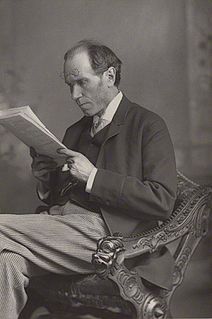A Quote by John D'Agata
Back in the day, a lot of our instructors in nonfiction were actually fiction scholars. So they would bring in stories as models for the essay. And in some ways that's a good idea, because we can all learn from other genres. But I think it also made me realize that I literally didn't have an essay model, and that if I wanted one I would have to find it.
Related Quotes
I try to write things that can't be made into movies. My novels have thwarted many attempts to film them and I think that was true of the essay, too. If you'd actually tried to be true to the essay, it would have been, perhaps, boring. So taking that narrow little cast of characters and expanding it out, that was what was exciting about the project for me.
I began as a fiction writer - I had written three novels in my 20s and 30s. But as my work has gravitated towards literary nonfiction, or lyric essay or poetic essay, whatever you want to call it, I'm constantly beating my head against the wall 'cause I'm teaching a genre that's no longer that exciting to me and that I'm no longer practicing.
Writing two stories [in the Thorn and the Blossom] about the same set of events that were complete stories in themselves, but also added up to a larger story. As I was writing them, I kept going back and forth, because something would happen in one story that would have to be reflected in the other story. And yet the same event would also have to be perceived in different ways by Brendan and Evelyn, because they are different people with their own interpretations.
I love babies. I think they are beautiful in all sorts of different ways. I try to pick up and hold a baby every day, if possible, because it nourishes me. It feeds my soul. Babies are drawn to me. And I think it's because they see me as one of them. But ... cooler and with my life put together a little bit more. If a baby were president, there would be no taxes. There would be no war. There would be no ... government, and ... things could get terrible. And actually probably it would be a better screenplay idea than a serious suggestion.



































